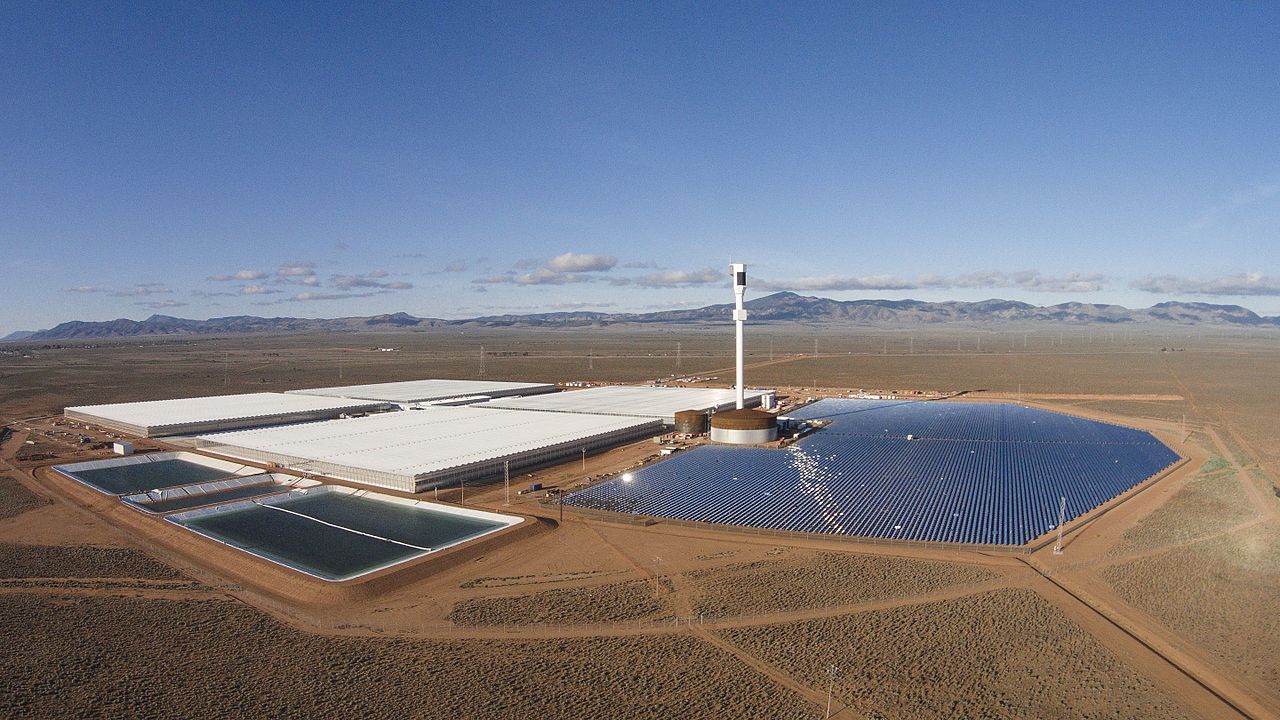The government has announced expansion plans for Heathrow, despite Teresa May, David Cameron and the Conservative manifesto all being against it back in the day when it was a Labour policy. Jeremy Williams covers the tortured history of the issue very well in his blog and Greenpeace have published ten good reasons why it is a bad idea. There will be huge opposition, Judicial Review, Zac Goldsmith has resigned and forced a by-election. Naturally I think it is a terrible idea. Put simply airport expansion should be opposed anywhere until such time as we can fly in ways that do not have such awful consequences for climate change, noise pollution, air quality and therefore human health.
Caroline Lucas has tabled an Early Day Motion calling for a frequent flyer levy, which sounds a sensible idea, designed to dampen demand. I’d also like to see aircraft fuel taxed and increased investment in rail. Perhaps most importantly, and certainly least debated in Parliament or the media is putting very much greater resources into developing alternative, very much less polluting and quieter aircraft. I’ve blogged about Solar Impulse, the solar powered plane, and the helium filled airship Airlander. Within the next decade or so, given the right support, I’m pretty sure something like the Airlander could have a large photovoltaic array and batteries built into its design. It might incorporate hydrogen fuel cells. It would then have zero emissions, be quiet and not need a huge runway. An airport designed specifically for such aircraft would not need runways anything like Heathrow and would generate very much less opposition and could therefore be built very much more quickly.
Post Brexit this government wants to portray itself as a modern can-do government, open for business. However the policies it backs are all rather old fashioned, polluting technologies reflecting last century thinking: Trident, Hinkley, Fracking and Heathrow. All decisions we’ll come to regret. If humanity is to have a better future it will be socially inclusive, economically egalitarian, pollution minimizing and fuelled by renewable energy. Innovative Cleantec infrastructure investment decisions will need to be made. Tragically this government seem incapable of understanding any of this.



